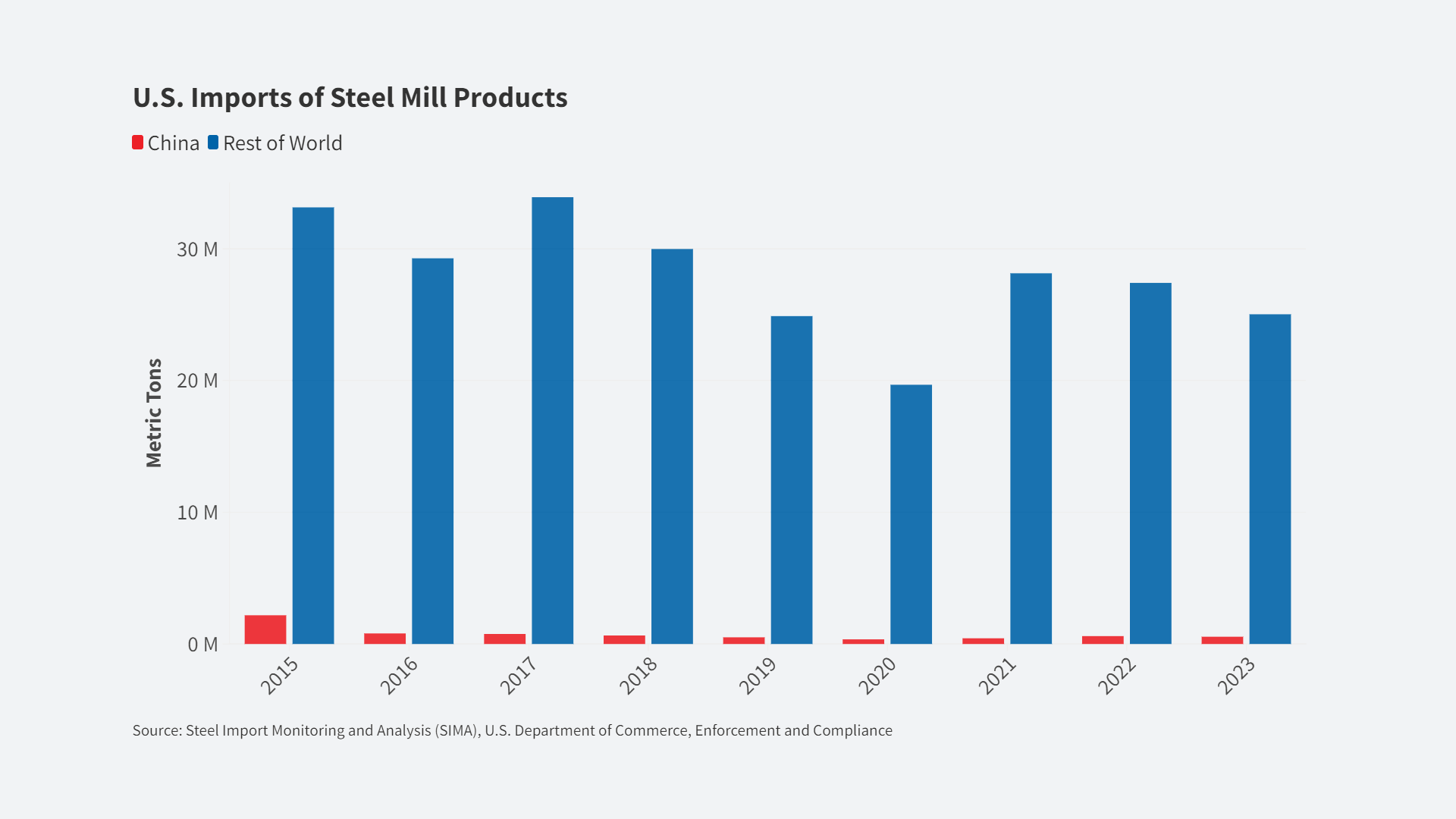
In the world of inter-governmental trade agreements, the signing often gets the most attention. But it is the ratification by member states, required to make such agreements reality, that may be the most difficult part of the process.
[Chuck Chiang| January, 24 2016 | The Vancouver Sun]
An agreement as large as the 12-member Trans-Pacific Partnership, signed last year by parties including Canada, remains very much a matter a public debate as it continues to face challenges from opponents to ratification in each member country.
Just as new federal International Trade Minister Chrystia Freeland made her way this month across to country to build consensus on the new accord, other TPP participants are also involved in debates at home, some very intense, about the future of the potentially groundbreaking trade bloc.
The most recent and dramatic disagreement was in the Malaysian capital of Kuala Lumpur on Saturday, when thousands of protesters (including 300 non-governmental organizations) gathered to oppose the TPP agreement. According to the Malay Mail, police had tried to dissuade protesters from gathering by stating protest organizers submitted incomplete paperwork, and that violations of the country’s Peaceful Assembly Act would not be tolerated.
An application for a judicial review of the TPP was filed last year by opponents but was rejected this month. The Malaysian government remains staunchly in support of the agreement, while critics like ex-prime minister Mahathir bin Mohamad told the Malay Mail said the TPP would overreach into areas of law-making that should be reserved for Malaysia’s government alone. A parliamentary debate is scheduled this week.
In order for the TPP to survive, it requires at least six member states to ratify the agreement. So one or two parties not ratifying is detrimental but not fatal to the deal. However, two of those that must ratify for it to become reality are the two biggest economies involved, Japan and the United States. Without either Washington or Tokyo’s backing, the TPP is dead.
The rancour in Washington is well-documented. There’s the uncertainty brought about by this year’s presidential election, where the Republican front-runners, billionaire Donald Trump and Texas senator Ted Cruz, and Democrat Hillary Clinton’s top opponent, Vermont senator Bernie Sanders, are openly opposed to TPP.
In addition, a number of groups continues to strongly oppose the accord. Most recently, the Citizens Trade Campaign, a coalition of 1,500 interest groups, submitted a letter to Congress, asking the deal be blocked.
A TPP signing is scheduled for New Zealand in February, but with it remaining such a hotly debated issue in many member countries, it will be worth noting whether the states involved send high-level representative to this high-profile (but largely symbolic) event.
Freeland, for her part, said during her Vancouver visit that Canada has not yet committed to the signing.













